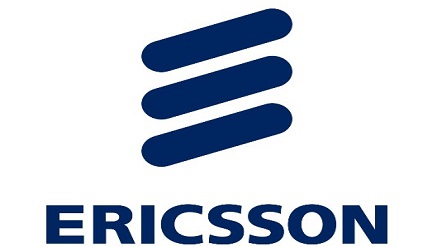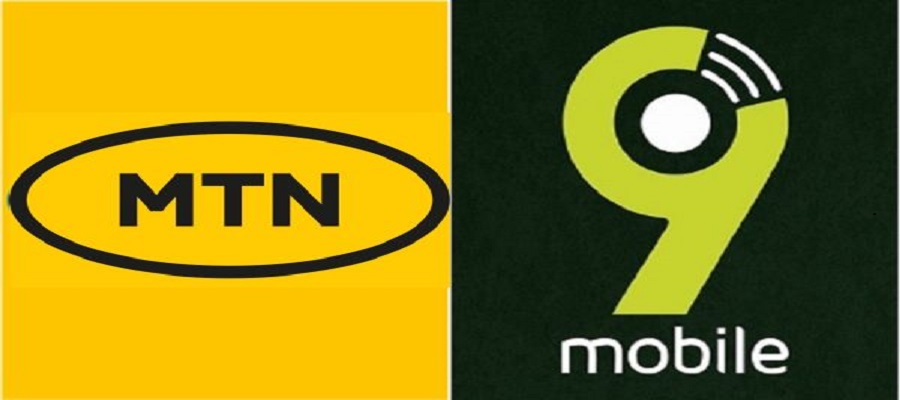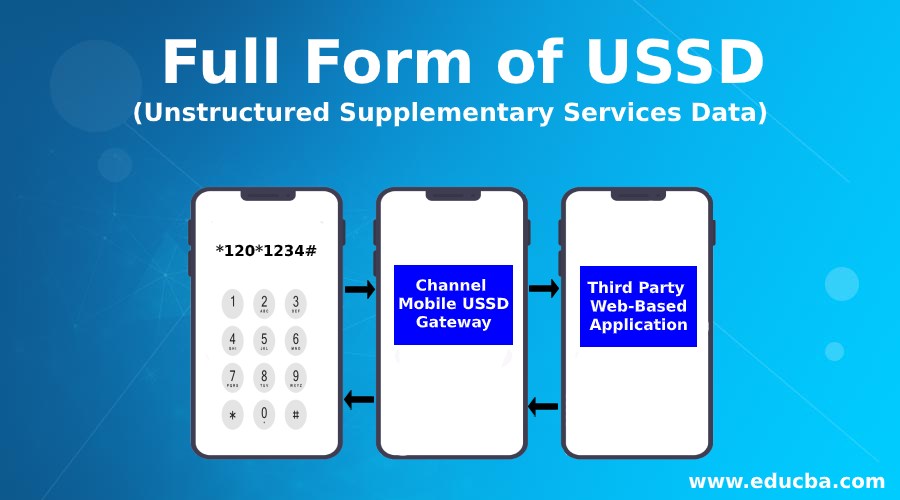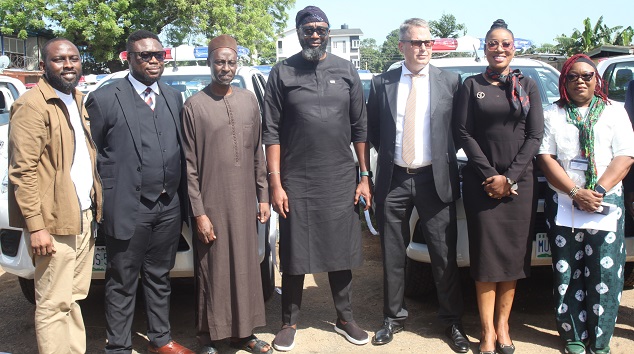Telecom
Ericsson Explains Predictions on 1B 5G Subscriptions in 2023

Ericsson forecasts there will be 1 billion 5G subscriptions for enhanced mobile broadband by 2023. This prediction is among the key statistics presented in the November edition of the Ericsson Mobility Report released today.
Expected to be deployed first in dense urban areas, 5G will cover over 20 percent of the world’s population by the end of 2023. The first commercial networks based on 5G New Radio (NR) are expected to go live in 2019, with major deployments from 2020. Early 5G deployments are foreseen in several markets, including the US, South Korea, Japan and China.
Global mobile data traffic to surpass 100Exabytes per month in 2023
Mobile data traffic is expected to surge by eight times during the forecast period, reaching 110 Exabytes per month by 2023. This corresponds to 5.5 million years of HD video streaming.
All regions maintain mobile data traffic growth, with North America showing the highest average usage per smartphone, exceeding 7GB per month by the end of 2017.
Video consumption continues to fuel mobile broadband traffic growth.
The driving force behind video’s uptrend are the young millennials – those in the 15 to 24 age bracket – who stream 2.5X more than those over 45 years of age.
Streaming video in higher resolutions and an emerging trend of increased streaming of immersive video formats, such as 360-degree video, will have an impact on data traffic consumption volumes. For example, a YouTube 360-degree video uses 4 to 5 times as much bandwidth as a normal YouTube video of the same perceived quality.
LTE deployments – momentum continues
By the end of this year, LTE will be the dominant mobile access technology. It is estimated to reach 5.5 billion subscriptions and cover more than 85percent of the world’s population by the end of 2023.
Voice over LTE (VoLTE) has been launched in more than 125 networks in over 60 countries across all regions. VoLTE subscriptions are projected to reach 5.5 billion by the end of 2023, accounting for more than 80 percent of the combined LTE and 5G subscriptions.
Smartwatches are one of the latest devices to use VoLTE. Users are able to make voice calls directly on their smartwatch, without having a smartphone nearby (multi-SIM). Calls can also be transferred between a user’s smartphone and watch.
Niklas Heuveldop, chief strategy officer and Head of Technology and Emerging Business, Ericsson, says: “The latest report highlights trends in mobile subscription and data traffic growth, as well as the industry’s effort to tackle the increasing demands on mobile networks globally. In addition, the report examines the emergence of new use cases as network capabilities evolve – smartwatches, IoT alarms, and augmented reality-assisted maintenance and repair, to name a few. As we prepare for 5G, these trends will continue to set the agenda for the mobile industry going forward.”
The report also features three articles on rising industry trends:
- Shifting mobile data plans examines the move to ever larger plans as well as the actual data consumption within different plans. It highlights the importance of a good mixof data plans, including unlimited, to address a variety of consumer needs.
- Enhancing the event experience focuses on how event organizers and operators can meet visitors’ needs for more digitalized services and immersive experiences.
- Millennials’ expectations for 5G explore show this age group perceives their mobile experience, their hopes on5G, and what their viewpoint simply for operators.
Regional reports for Western Europe, Central and Eastern Europe, Middle East and Africa, and Latin America have also been published along with the Global Ericsson Mobility Report.
Telecom
9mobile Nigeria Inks Agreement to Roam with MTN

9mobile, Nigerian operator, has reportedly gained approval for roaming on the MTN Nigeria network in a deal that some commentators suggest could improve its position in the market and, more specifically, tempt back lost subscribers.

After finally gaining regulatory approval from the Nigerian Communications Commission (NCC), 9mobile plans to launch national roaming services on the MTN network from this month.
Under the agreement, 9mobile subscribers will gain access to MTN’s infrastructure for calls, texts and data in areas where 9mobile’s coverage is weak or unavailable.
For 9mobile, the deal offers a cost-effective way to expand coverage without the heavy investment required for nationwide infrastructure.
According to ITWeb Africa, the decision comes nearly five years after initial discussions – much longer than expected due, the Techloy news service said, to regulatory bottlenecks, shifting market conditions, and unclear execution timelines.
It may, however, prove pivotal for 9mobile, whose market share has dwindled to 1.72% in April 2025, down from 6.6% in 2020 when the proposal was first submitted. Indeed, in 2015 the company once known as Etisalat Nigeria had over 23 million subscribers and a 15.7% market share.
Of course, there’s also something in this for MTN. In exchange for network access, MTN gains utilisation rights to 9mobile’s underused spectrum in the 900MHz, 1800MHz, and 2100MHz bands – key frequencies for expanding coverage and improving data capacity.
For MTN, which serves over 84 million subscribers, this additional spectrum could reduce congestion and improve service quality.
The company has also had financial difficulties in the Nigerian market due to the naira’s substantial depreciation; this deal could support better service provision at a reduced cost.
That said, MTN Nigeria’s results for the first quarter to March 31 2025 were apparently much improved, and the company recently announced a massive capital expenditure drive for 2025 of some NGN900 billion (US$568.5 million) as it seeks to significantly enhance network service quality in major cities like Lagos and Abuja and extend improvements to other areas.
Telecom
Banks, Telcos to Start Deducting USSD Charges from Airtime Today

Banks and telecom companies will begin deducting USSD banking charges directly from customers’ airtime instead of their bank accounts beginning from today, June 3.

USSD, otherwise Unstructured Supplementary Service Data, is a communications protocol used by GSM cellular telephones to interact with a mobile network operator’s computers.
First City Monument Bank (FCMB) announced this change in an e-mail message to customers, following a directive from the Nigerian Communications Commission (NCC).
Key details:
Each USSD session will cost ₦6.98 per 120 seconds, charged by your mobile network.
You will be asked to approve the charge before it’s deducted from your airtime.
If you prefer, you can use other banking channels like ATMs, mobile apps, or internet banking.
This change is part of a move to end the long-standing debt dispute between banks and telecoms over unpaid USSD fees.
As of late 2024, banks owed telecom companies ₦160 billion. For example, MTN was owed ₦42 billion by Nigerian banks.
By shifting USSD fees to customers’ airtime, the telcos aim to recover these debts and avoid future issues.
Telecom
IHS Nigeria Moves to Enhance G4S Secure Solutions Site Patrols and Increase Operational Efficiency with Patrol Vehicles

IHS Nigeria, a subsidiary of IHS Holding Limited and one of the largest independent owners, operators, and developers of shared telecommunications infrastructure in the world by tower count, has formally commissioned 65 Response, Patrol, and Escort (RPE) vehicles to G4S Secure Solutions Nigeria Limited, its long-standing security partner.

The commissioning ceremony which held in Ikeja GRA, Lagos, underscores IHS Nigeria’s commitment to operational excellence, safety, and strategic partnerships.
The fully equipped vehicles, customized with radio systems, public address systems, medical kits, ladders, and amber lights, are expected to significantly enhance G4S’s patrol capabilities and enable proactive risk mitigation across IHS Nigeria’s infrastructure footprint in the country.
Speaking at the event, Jubril Saba, Vice President, Operations at IHS Nigeria, remarked: “IHS Nigeria is delighted to formally hand over these Response, Patrol and Escort (RPE) vehicles to our valued security partner, G4S Secure Solutions Nigeria Limited. As a company, we recognize that the success of our operations lies not only in our technology and infrastructure but also in the strength of the partnerships we build and sustain.
G4S has been an essential partner in protecting our sites, supporting our teams, and ensuring operational continuity across the country. This initiative is more than just a commissioning of vehicles; it is a reaffirmation of our commitment to the safety of our people and assets, our drive for operational excellence, and our belief in strong partnerships.
We understand that securing our infrastructure and communities is critical to sustaining high-quality services nationwide, and we are confident this fleet will enhance G4S’s capacity to support us.”
Also speaking at the event, Jonas Ahl, Managing Director of G4S Secure Solutions Nigeria Limited, expressed his appreciation for the partnership:
“We are proud to receive these 65 custom-built patrol vehicles from IHS Nigeria. Each unit is fully outfitted to meet the specific security needs of our operations, equipped with communication systems, emergency response tools, and visibility-enhancing features. These vehicles will not only improve our response times and field presence but also enable us to reduce risk and deter criminal activity more effectively.
I would like to thank the IHS team for their excellent collaboration throughout this project. We are proud to serve IHS and remain committed to protecting the assets that power connectivity across Nigeria.”
This strategic gesture reinforces IHS Nigeria’s position as a socially responsible and security-conscious industry leader, while highlighting the value of operational synergy with trusted partners like G4S.
The deployment of these vehicles marks another milestone in IHS’s mission to secure its infrastructure and deliver uninterrupted service to millions of users across the country.

 E-Business2 days ago
E-Business2 days agoFarmers to Get Identity Card for Loans, Inputs

 Telecom2 days ago
Telecom2 days agoARCON Probes 9mobile over Alleged N1Bn Advertising Debt

 News2 days ago
News2 days agoSERAP Sues NNPC over Alleged Missing ₦500Bn, Seeks Accountability

 News2 days ago
News2 days agoFirst Asset Management Receives 2024 Fund Manager Award

 E-Business2 days ago
E-Business2 days agoDyna.Ai Launches Operations in Nigeria

 General News2 days ago
General News2 days agoNigeria Relaunches National Talent Export Programme to Unlock $1 Trillion Global Outsourcing Market

 Telecom2 days ago
Telecom2 days agoNiRA Holds 17th AGM, Elects New Leadership to Propel .ng Domain Growth

 News2 days ago
News2 days agoIkeja Computer Village Begins Biometrics Registration to Tackle Crime




























